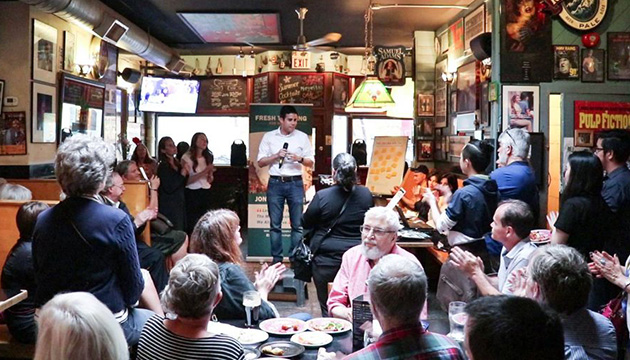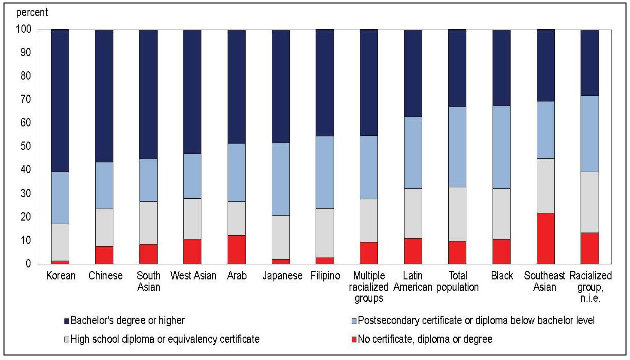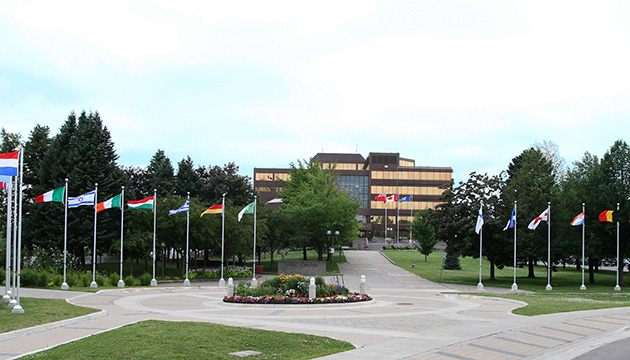Do you have a will? Or would you rather not think about it? You are not alone.
Shortly after we got married, Peter and I went to Berlin to visit his mother. One evening, after dinner, his mother said, “I have something to show you.”
She led us to her desk, pulled open a drawer and took out a brown envelope. “If anything happens to me,’ she said, “open this envelope and follow the instructions.” Peter and I were aghast. A very lively widow, only 60 years old, she swam several laps every morning, she liked going out with her friends at night. She lived by herself and was fiercely independent. The list of instructions began with “Call the lawyer, Go to the bank,” etc. A will was attached, a short one as my husband was an only child, and she did not name any other beneficiary, most of her family had perished in the war.
A year later, while my parents were visiting us in Toronto, I asked my father, “Dad, have you made a will?” He looked at me, eyebrows raised. “Why should I make a will? I know you children will not fight over anything.” Now Peter and I looked at each other, aghast. My parents were in their late sixties, I was one of seven children. My Dad was a lawyer by profession, a bar top notcher for heaven’s sake, and should have known better. My father was very kind, very trusting and very fairminded (he was a judge after all, and a very good one at that) so I did not pursue the matter further, knowing how we Filipinos do not like to talk about the inevitable. I simply said, “Don’t leave me anything. I am doing fine.” I was a stay-at-home Mom with two toddlers, my husband had a good job and we owned our own home. I did not need anything. Neither did a sister who was a practising pediatrician in Philadelphia.
Ten years later, in 1977, a phone call came from Germany. A neighbour had found my mother-in-law on her kitchen floor; she had been dead for a while. After a night out, they were supposed to meet for lunch but Lotte had not shown up. Peter took the next plane out. He was in a daze. Upon his arrival, he took out the instructions and followed them step by step. With the help of friends and neighbours, he moved in a trance-like flurry of activity: last rites and reception, apartment put on the market and sold; some paintings and sculptures, antique furniture, heirloom cutlery and sets of dishes packed and crated by a shipping company; some were given to friends the rest were given to charity or disposed of in the trash. Six weeks later, a big container was unloaded at our house. We spent several days unpacking and incorporating the inheritance into our home; we kept, and still enjoy, many of these treasures, and they never fail to evoke precious memories of a beloved mother-in-law.
Both my parents died many years ago. My sister continued to live in the house and we all would come home and visit as though my parents were still there. A cousin looked after the farms and the seasonal harvests but when he passed away, no one took his place. In the meantime, we found out that there were no titles to some of the properties. Notices of unpaid taxes were being received by my siblings. A friend of the family offered to help with managing the estate, as a favour,
Forward to 2019. Eleven years later. I know my parents had meant well but the estate is still not settled. A lot of progress has been made but unexpected complications have developed. A sister who was living in California passed away in 2018. She did not have a will. Because my mother also died intestate (a will was not found), the estate, administered according to law, was to be equally divided among the surviving siblings. When I reminded my siblings that I had opted out of any inheritance years ago, they all insisted I was one of them and entitled to an inheritance.
My father was right all along, no sibling rivalry here. Powers of Attorney and Extra Judicial Settlement documents had to be executed to further the process. And now, even more complications. Suddenly the lawyer wants to find out where my paternal grandfather’s two sisters’ families are. They had both moved away decades ago and we had lost touch. They too are entitled to an inheritance from their father. A search for their descendants will now begin. And so it goes.
How to deal with an estate?
Not everyone’s estate is as complex as ours. But almost everyone has an estate - you have an estate if you own a house, investments, cars, or any kind of personal effects.
Lessons are still being learned. But what I can tell you is that if there’s a will, your loved ones will receive the assets in accordance with your wishes; otherwise, the government will take charge. By naming an experienced executor in your will, you can alleviate the stresses and burdens of administering the distribution of your assets.
As you can see, having a will is not the only answer. Good estate planning is essential to minimize delays and costs in its execution. After the long drawn-out experience with my family estate, Peter and I have decided to engage a professional who will consult with our children as co-executors. Rather than asking a friend or a relative to act as executor, you might choose to engage a professional who will consult with your children as co-executors.
An executor’s responsibilities require a certain level of expertise in estate law, taxes, administration etc. It is a job best, not a taken as a favour, as it comes with a demanding commitment to getting the work done as quickly and as efficiently as possible. It does not come without a certain amount of remuneration (a percentage of the assets) which will come out of the inheritance but your heirs will thank you for sparing them the aggravation in the midst of their grief.
So what else can you do to make things easier for your executors, your heirs and save you some money in the process?
Do as Peter’s mother did. Write a to-do list. Write out important contact names and telephone numbers, your passwords, etc: your lawyers, accountants, investment brokers, bank accounts and safety deposit box # (with keys). Indicate where your important documents are. Place everything together in an envelope and be sure to tell your children where it is. If you have an executor, he will guide your heirs through this process and help them get through the difficult first days of grief.
It would be wise to have a good look at your household possessions now. The Swedes have a word dostadning (death cleaning) which refers to de-cluttering and cleaning one might do faced with the prospect of leaving this world. Do not wait for the threat of the inevitable, do it now. Margareta Magnusson who wrote The Gentle Art of Swedish Death Cleaning writes, “Let me help you make your loved ones’ memories of you nice – instead of awful. A loved one wishes to inherit nice things from you. Not all things from you.”
De-cluttering is something we should be doing regularly in any case as it can be overwhelming, physically and emotionally. Do you really need – or use – all those clothes and shoes crammed in your closets? Start giving away some of your jewelry to your children and grandchildren. If you have artworks and antiques, take photos of each and ask your children if they would like to have any of those.
When our children were children, we asked them to look around and tell us what they would like to inherit from us. My 10-year-old son piped up, “I want the TV.” (It was a black and white 20 inch screen. Today he has a 60-inch wall-mounted screen and I have no idea how to turn it on.) Friends tell me that their children don’t want any of their possessions – they already have what they want and, besides, their tastes are different. In which case, get an appraisal and keep only what “sparks joy,” as Marie Kondo says. Otherwise, everything goes to an estate sale when you’re gone, appraisals have to be made, and there will be costs attached to their disposal. You can also, and should, give to friends pieces they have admired. The rest can go to charity, if in good condition, or trash.
Whatever you do, allow yourself a couple of hours for going through photos and souvenirs. It’s easy to spend a whole day poring over memories.
Having done all these, you will be more self-aware, you know what your assets are, you know what you can leave to your children, and you can now spend what you wish on yourself knowing that your will Is done, and you will be done. So live it up and enjoy today, you have planned well for tomorrow.












